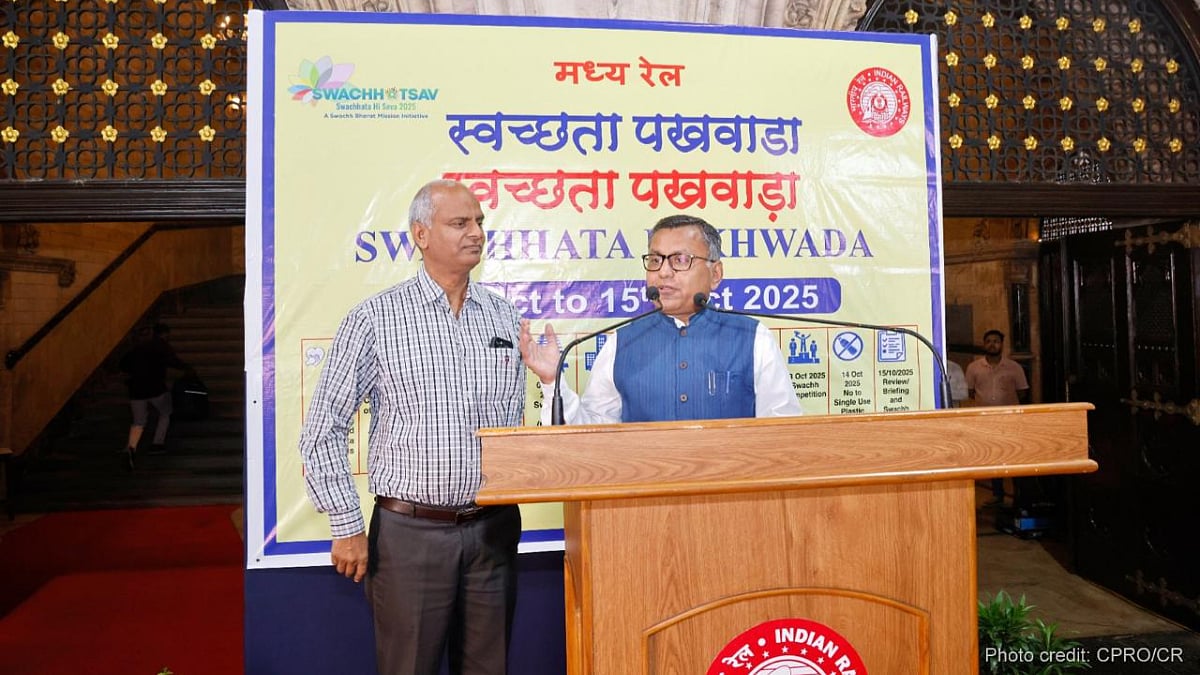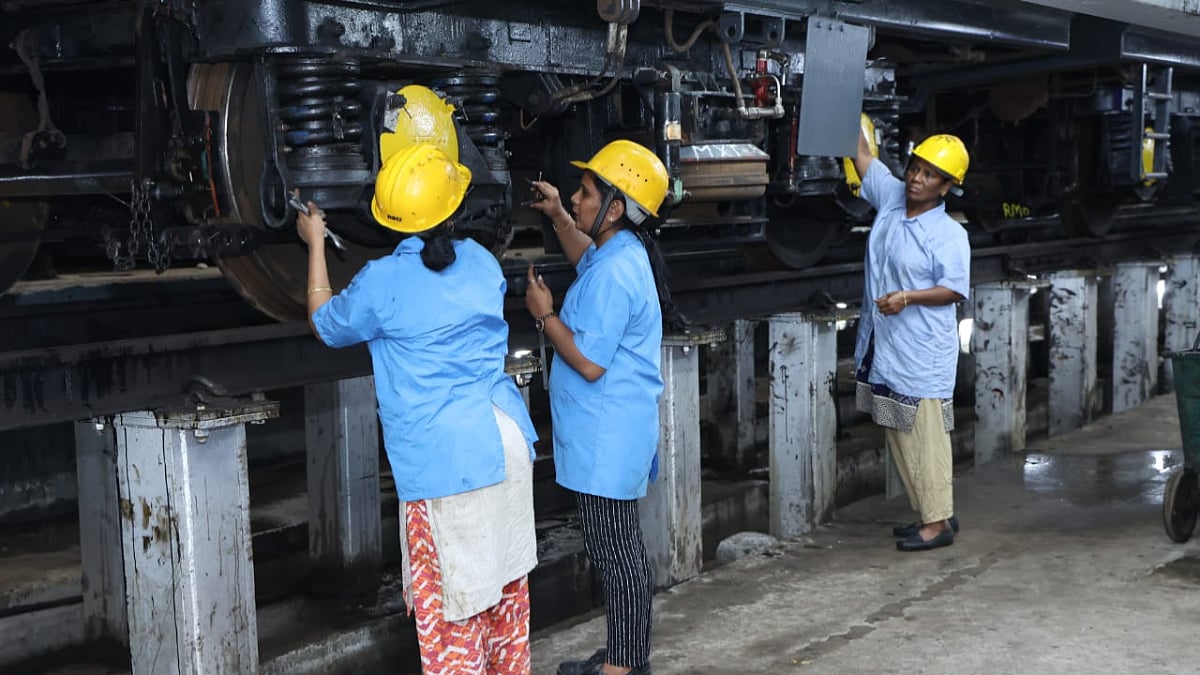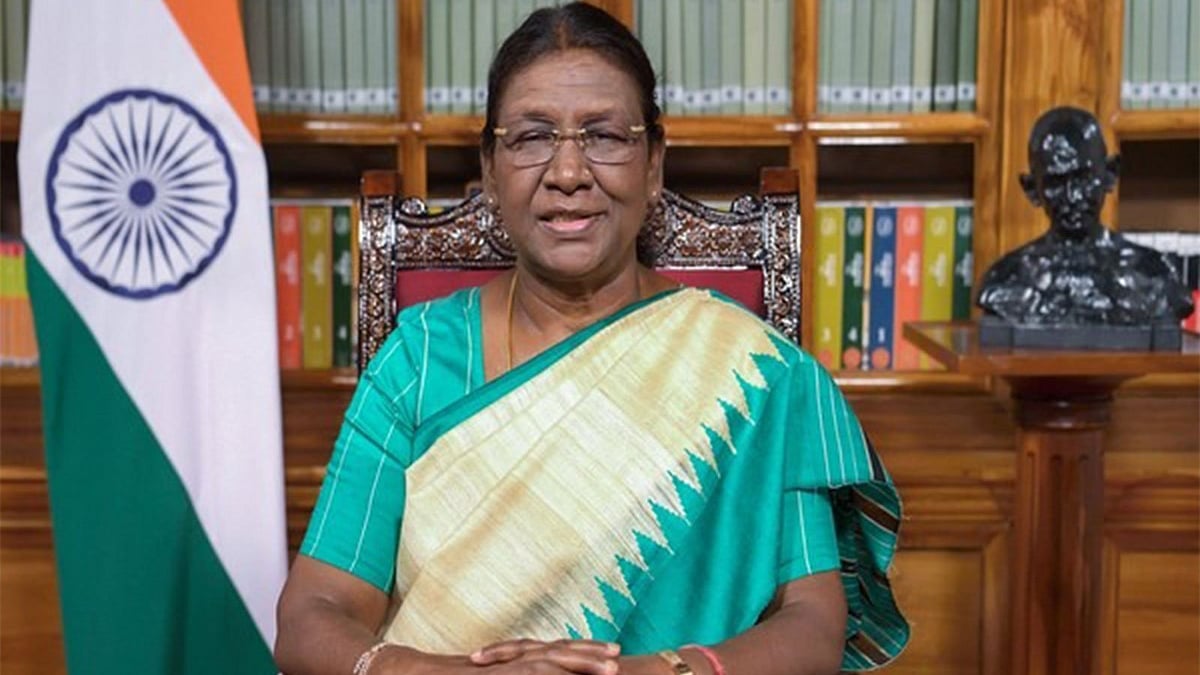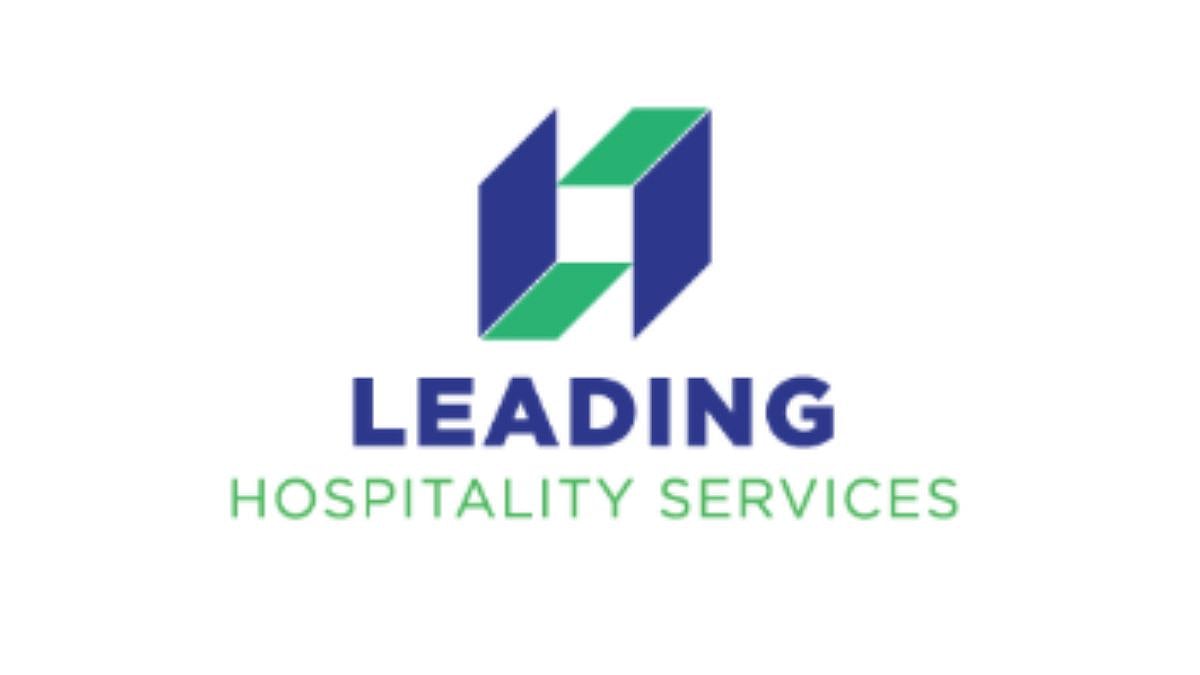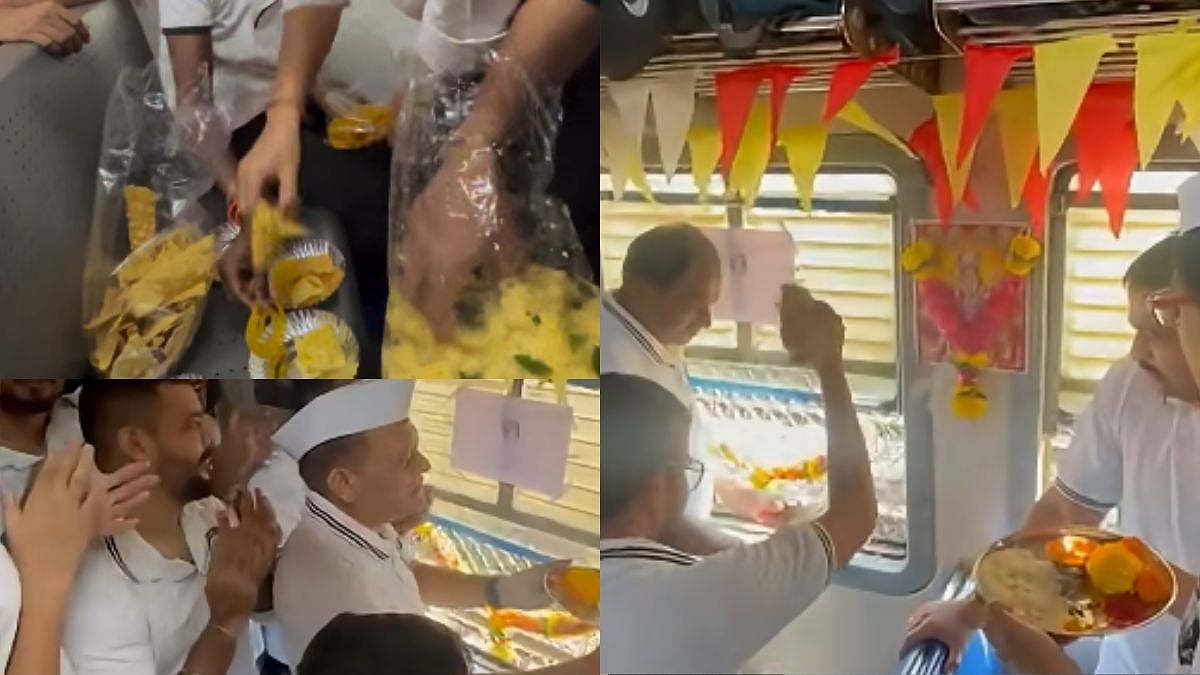The apparel industry is one of the largest contributors to industrial waste worldwide. While conversations on sustainability often focus on recycling and environmentally friendly practices, amidst these discussions, a question arises: can innovation save the day? In the retail industry, one individual is trying to leverage innovation to change what we can do with sludge and other waste byproducts produced by the retail industry on a large scale.
Kosalee Galkaduwa, who now works with GiftCash, was a Procurement Manager at Omegaline, part of the multinational Calzedonia Group. She has built a career at the intersection of procurement efficiency and sustainability. Over two decades, she has seen how the retail industry struggles to manage its waste. Rather than accept waste as an unavoidable cost, she has pursued ways to repurpose it. Her research project, “Utilizing Apparel Industry Non-Dewatered Sludge for Brick Manufacturing”, was recognised internationally when it was awarded 1st Runner-Up at the Stockholm Water Prize.
During her tenure at Omegaline, Kosalee’s efforts have been applied within the company’s operations. She introduced a system to reuse excess raw materials by redirecting surplus fabrics into new production orders. This initiative reduced material waste by more than 20 percent in certain product categories, while creating a measurable new revenue stream. For the company, it meant not only lowering disposal costs but also increasing procurement efficiencies with ISO 9001 sustainability standards. Further, her research work on brick manufacturing from apparel sludge provided a blueprint for waste-to-value practices, aligning the company’s procurement function with sustainable growth goals.
Her research also demonstrated that bricks made from apparel sludge achieved a compressive strength of 3.5 to 5.0 MPa, strong enough to meet basic construction standards. This can be an important breakthrough for an industry that had long dismissed sludge as unusable. It also projected cost savings in waste disposal for apparel factories, giving them both an economic and environmental incentive to adopt the model.
These activities did not come without their own considerations. Many in the industry were skeptical about whether apparel sludge could ever become a reliable construction material. Kosalee addressed these doubts by ensuring that all products underwent durability testing. She also tackled the lack of existing frameworks for industrial waste repurposing in Sri Lanka, pioneering methods where no prior benchmarks existed. Beyond the technical obstacles, she had to balance sustainability with corporate cost pressures, demonstrating that eco-friendly initiatives could deliver measurable financial benefits.
Outside her work at Omegaline, Kosalee has extended her expertise to other sectors. As head procurement consultant for Citrus Hotels & Resorts, she helped restructure supply chains to incorporate sustainable sourcing and waste management practices. She has also written blogs and published academic articles on sustainable procurement and industrial waste repurposing. Plus, she is often invited as a guest speaker at university events and industry exhibitions in Sri Lanka, sharing expertise on sustainability and procurement innovations. Local press outlets in Sri Lanka have highlighted her efforts, further amplifying awareness of practical sustainability measures.
“Sustainability in apparel cannot remain confined to recycling small-scale waste; it must extend to industrial-level transformations that reimagine byproducts as valuable inputs. My work has shown that apparel sludge, a major disposal issue, can be turned into a functional building material, a step toward establishing circular economies in developing nations,” she said.
Looking at the current trends, she believes that we will see increased adoption of cross-industry waste conversion, where one industry’s output fuels another’s input. For the apparel sector, this means scaling up collaborations with construction, agriculture, and energy to reduce landfill contributions.
“The future lies in policy-driven incentives combined with industry-led innovation to normalize waste-to-value practices globally,” she adds. The career of individuals like Kosalee Galkaduwa has shown that sustainability can be embraced in an innovative way for the benefit of the communities and the business alike.

